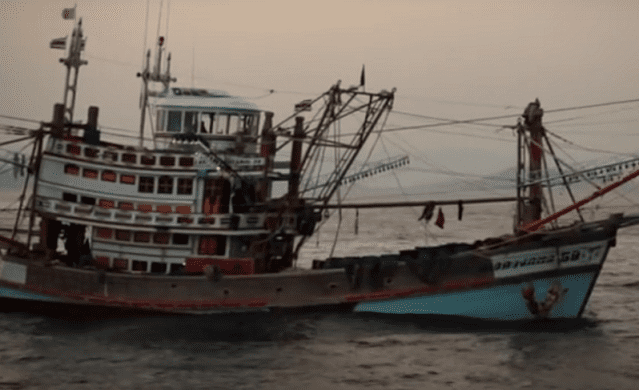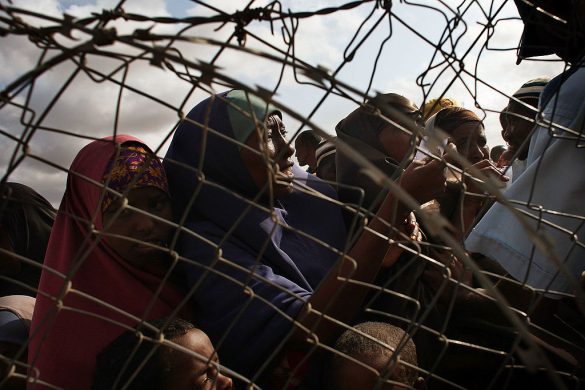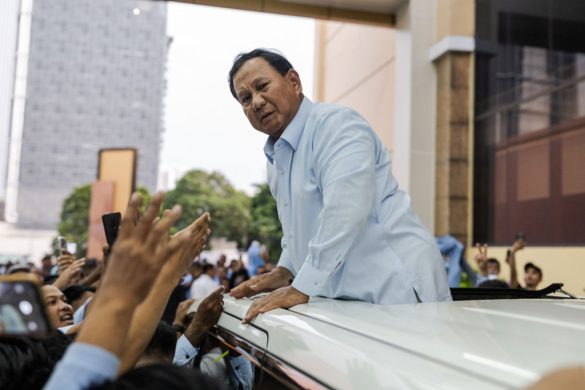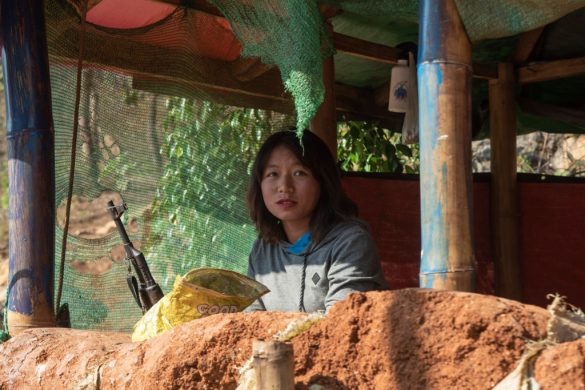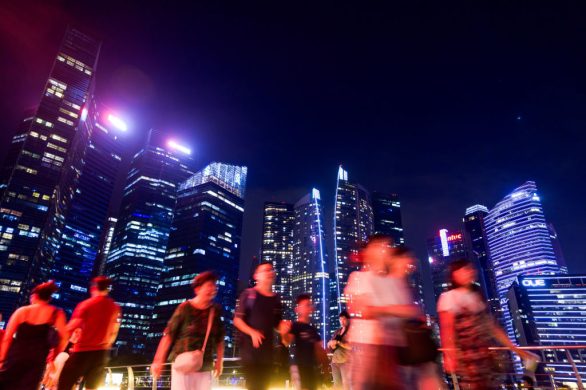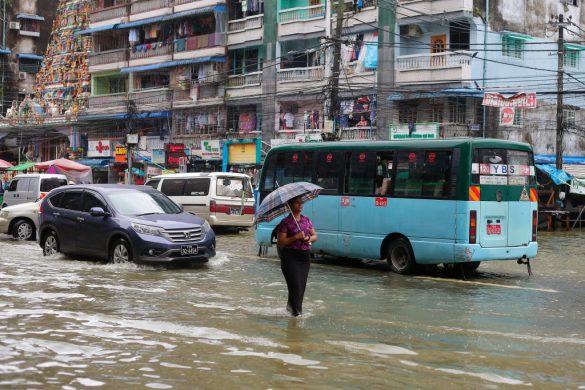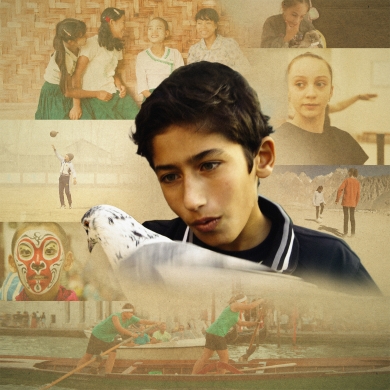One year after shocking revelations were made about slavery in the fisheries in Southeast Asia, the last group of men trafficked onto vessels operating in Indonesian waters is preparing to return home.
Brutal, unpaid work
Some have not spoken to their families since leaving Myanmar in search of work up to a decade ago, only to be duped into years of brutal, unpaid service on fishing vessels.
1,200 trafficking victims repatriated
At the request of the Indonesian government and with the generous support of the Australian government through the Australian High Commission in Jakarta, IOM has identified, assisted and repatriated more than 1,200 victims of trafficking from eastern Indonesia since a series of media revelations in late March 2015 lifted the veil on labour abuses at the Benjina fisheries facility in the remote Aru Islands 3,000km east of Jakarta.
IOM strongly suspects an additional 800 foreign nationals repatriated by fishing companies and through other means were also victims of trafficking.
A court in eastern Indonesia recently sentenced eight men including five boat captains to jail terms of up to three years and fines totaling over USD 80,000 for human trafficking offences. The judges earmarked most of the fines as compensation for the victims.
Protracted, face-to-face pay negotiations with the companies facilitated by the Indonesian government and the time-consuming process of verifying the identities of the victims are the main reasons for the lengthy process in returning the men to their homes and families.
In addition to the Australian funding support, IOM received additional funding from the United States and Norway to assist these victims of trafficking.

